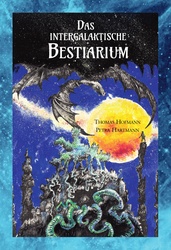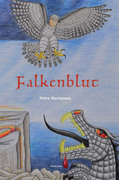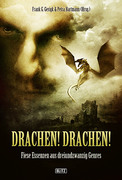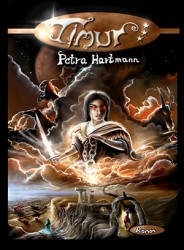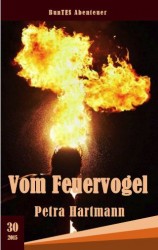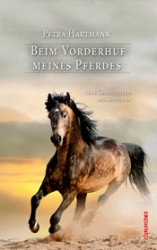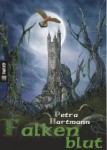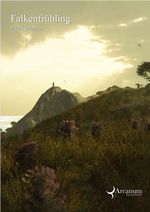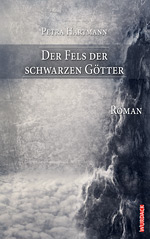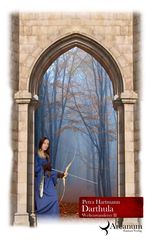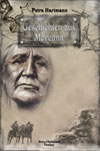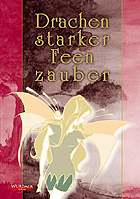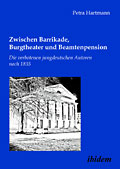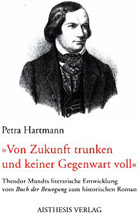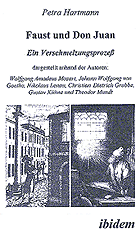"My heart shall leave the sea!" - den erregten, kriegerischen Sopran von Julia Gooding im Ohr, das Lenkrad in der Hand, so habe ich mehrfach lauthals mitgesungen, wenn ich auf der A7 unterwegs war. Erst später, als ich die Beigaben zur CD studierte, stellte ich fest, dass sie eigentlich gesungen hatte: "My arm shall lift the spear!" Der Blick ins Booklet erleichtert die Textfindung.
Der "englische Mozart" und Ossians "Darthula"
Thomas Linley junior gehört neben Brahms und Schubert zu den bekanntesten Komponisten, die sich der Geschichte von Darthula angenommen hatten. Ein sehr interessanter Mensch, auf den ich bei meinen Recherchen zu meinem Darthula-Kurzroman stieß. Man nannte ihn auch "The english Mozart".
Der begabte junge Mann lebte von 1759 bis 1778. Sein früher Tod - Linley wurde nur 22 Jahre alt und starb bei einem Unfall auf einer Bootsfahrt - setzte die damalige englische Musikwelt unter Schock. Und es war nur der Auftakt zu einer Tragödie im Hause der Musikerfamilie Linley: Sein jüngerer Bruder Samuel starb kurz darauf, er war an Bord an Fieber erkrankt, in den Jahren darauf wurden die Schwestern Maria (1784), Mary (1787) und Elizabeth Ann (1797) von der Schwindsucht dahingerafft. Der Vater, Thomas Linley senior, starb 1797, wie es hieß an gebrochenem Herzen. Bringt Darthula eigentlich Unglück? Immerhin, auch Karoline von Günderrode lebte nicht mehr lange nach ihrem Darthula-Gedicht.
Thomas Linley juniors Gesang an den Vollmond und Grablied für Darthula
Linleys Darthula-Bearbeitung ist, im Gegensatz zu den Kompositionen von Brahms und Schubert, kein einzelnes Lied, sondern stellt mehrere Situationen und Motive aus dem gesamten ossianischen Kleinepos zusammen. Das Stück, dessen Entstehungsjahr vermutlich unbekannt ist (jedenfalls habe ich die Jahreszahl trotz intensiver Suche nirgends finden können), hat eine Spieldauer von rund 17 Minuten. Es beginnt mit Ossians Gesang an den Vollmond ("Daughter of Heaven, fair art thou"), es folgt ein Rezitativ, in dem berichtet wird, wie Darthula und Nathos, von den Winden betrogen, auf der Fahrt nach Etha im Kreis segeln, dann Darthulas mitreißender Kampfgesang "My arm shall lift the spear". Ein weiteres Rezitativ schildert den Tod des Liebespaars im Pfeilhagel, den Schluss bildet ein Grabgesang für Darthula, vergleichbar dem Chorlied von Brahms.
Hier der Text, der in den Liedern zum Teil dem ossianischen Text folgt:
Darthula
Recitative
Daughter of Heav'n, fair art thou!
The silence of thy face is pleasant!
O Moon, the clouds rejoice in thy presence.
Burst the clouds, O wind, that the Daughter of the Night
may look forth, that yon shaggy mountain may brighten,
that I may see the face of my love,
that I may rejoice in the presence of my Nathos.
Air
But why dost thou retire?
Why round thee shadoes grow?
Is it like we to mourn,
that darkness cloud thy brow?
I o'er the angry waves,
with Nathos take my flight.
Shine, Daughter of the Sky,
Nor take him fro my Sight.
Rezitative
Thus sung Darthula, while with Nathos brave she flew to seek green Etha's pleasant vales. But envious winds betrayed the fated pair to Ullin's shores, where reigned their deadly foe. "Are these the rocks of Nathos, then", she said, "and that the roaring of his mountain streams?" "Ah! no", replied the youth, "but rest, Darthula, rest in peace, thou beam of light. The sword of Nathos is around thee like the red lightning of avenging Heaven."
Air
My arm shall lift the spear
And every danger fly,
Like night at opening day
Before the morning's eye.
Upon the lovely cheek
Revive the fading rose,
Let hope incline thay heart
To comfort and repose.
My arm shall lift the spear ...
Recitative
He clothed his limbs in steel and looked for the coming of the foe. Darthula, at his side, with looks fixed on the chief, strove to stop the swelling sigh and hide the falling tear. The foe appeared, a thousend arows fly. Like a young oak beneath the lightning blast, the strength of Nathos fell. Darthula stood fix'd in silent grief. Her breast of snow appeared, but it was stained with blood. She fell on Nathos. Her dark hair spread on his face.
Air
When in thy beauty will thou rise,
O first of lovely maids?
The rising sun looks on thy bed,
And calls thee from these shades.
The winds of spring are all abroad,
Fresh verdue crowns the hills,
The trees their growing foliage wave
Beside the murmuring rills.
When in thy beauty ...
The vine and fig trees' fruit appear,
The flowers the hills adorn,
The Zephyrs fling their odours round,
The birds awake the morn.
When in thy beauty ...
Arioso
Retire, O sun, Darthula is asleep.
She will not come forth in her beauty.
She will not appear in the steps of her loveliness.
Weitere "Fußstapfen"-Einträge zur "Darthula"
Selim Palmgen: Darthulas gravsång / Darthulan hautalaulu
Heinrich Heine: Die Harzreise
Arnold Schönberg: Darthulas Grabgesang
Franz Schubert: Ossians Lied nach dem Falle Nathos'
Johannes Brahms: Darthulas Grabgesang
Herders "Stimmen der Völker in Liedern"
Karoline von Günderrode: Dar-Thula nach Ossian
Ossian/James Macpherson: Darthula
© Petra Hartmann



 Benutzerdefiniertes Design erstellen
Benutzerdefiniertes Design erstellen


